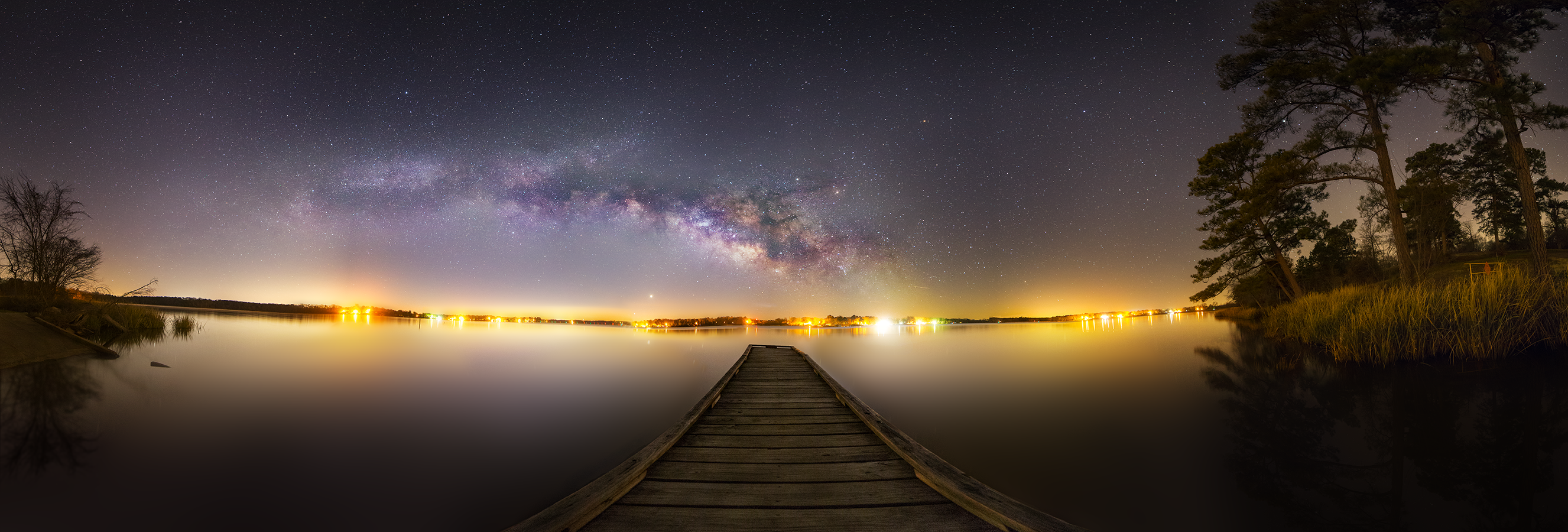The Moon, Mars and now Europa...
"Where there's water there's life as we know it" - NASA
http://www.cosmosmagazine.com/news/3069/jupiter-moon%E2%80%99s-ocean-rich-oxygen
Love and Light.
David
Jupiter moon’s ocean is rich in oxygen

SYDNEY: The globe-spanning ocean on Jupiter’s moon Europa contains about twice the liquid water of all Earth’s oceans combined, says a new study, which finds it’s packed with oxygen which could support life.
Research completed by Richard Greenberg a planetary scientist at the University of Arizona in Tucson, USA, suggests that there could be as much as 100 times the amount of oxygen previously estimated. The findings were presented last week at a meeting of the American Astronomical Society in Fajardo, Puerto Rico.
Experts have been unsure how likely life would be, because the liquid ocean is found under a several-kilometre-thick shell of ice, which acts as a barrier to oxygen which is created cosmic rays at the surface.
Oxygen for life
Without oxygen, life with a metabolism we are familiar with could conceivably exist at hot springs in the ocean floor using exotic metabolic chemistries, based on sulphur or the production of methane. However, it is not certain whether the ocean floor could provide the appropriate conditions.
To this end, researchers sought to estimate the level of oxygen reaching the ocean. To find out more, experts led by Greenberg considered the age of the moon’s surface. Its geology and a lack of impact craters, suggests that the ice is continually reformed in an active process and the current surface maybe no more than 50 million years old, just a fraction of the age of the Moon.
The experts considered three generic resurfacing processes: the gradual layering of fresh material on the surface; cracks which are filled with fresh ice from below; and patches of ice that are disrupted and replaced with fresh material.
Using estimates for the production of oxygen at the surface, Greenberg found that the delivery rate into the ocean is so fast that the oxygen concentration could exceed that of the Earth’s oceans in only a few million years.
3 billion kg of macrofauna
He said that the concentrations of oxygen would be great enough to support not only microorganisms, but also more complex animal life with greater oxygen demands. The continual supply of oxygen could support roughly 3 billion kilograms of 'macrofauna', the research suggests - assuming similar oxygen demands to terrestrial fish.
The good news for the question of the origin of life is that there would be a delay of a couple of billion years before the first surface oxygen reached the ocean. Without that delay, the first pre-biotic chemistry and the first primitive organic structures would be disrupted by oxidation. Oxidation is a hazard unless organisms have evolved protection from its damaging effects, said Greenberg. A similar delay in the production of oxygen on Earth was probably essential for allowing life to get started here.
With the American Astronomical Society.
http://www.cosmosmagazine.com/news/3069/jupiter-moon%E2%80%99s-ocean-rich-oxygen







No comments:
Post a Comment